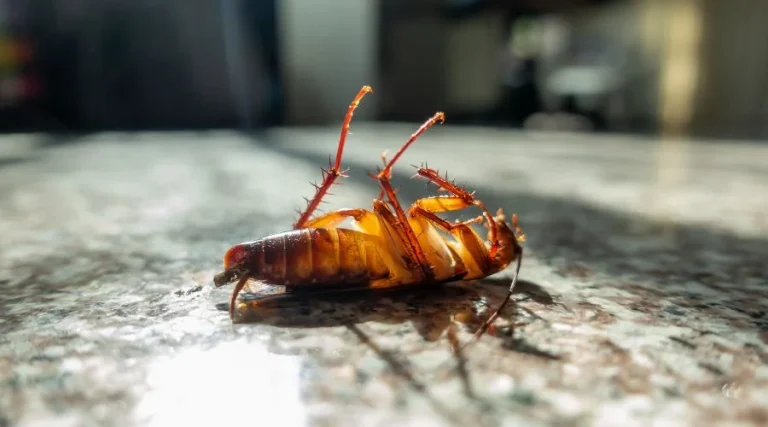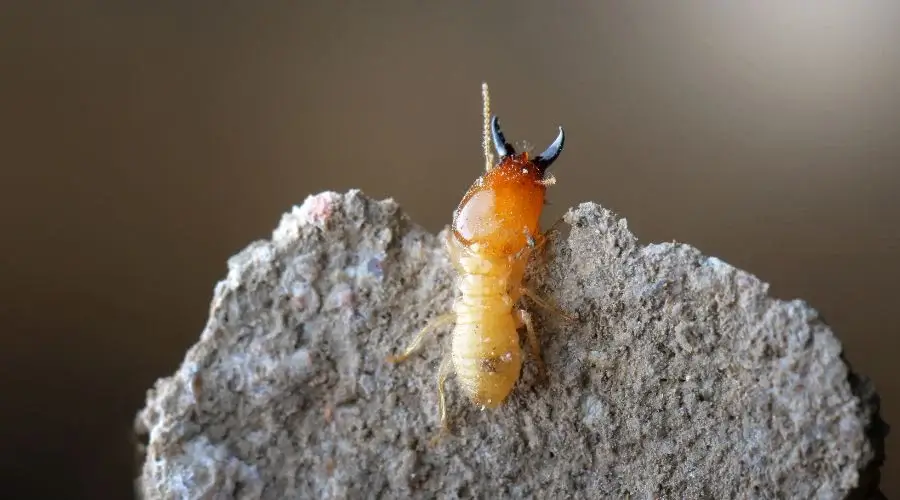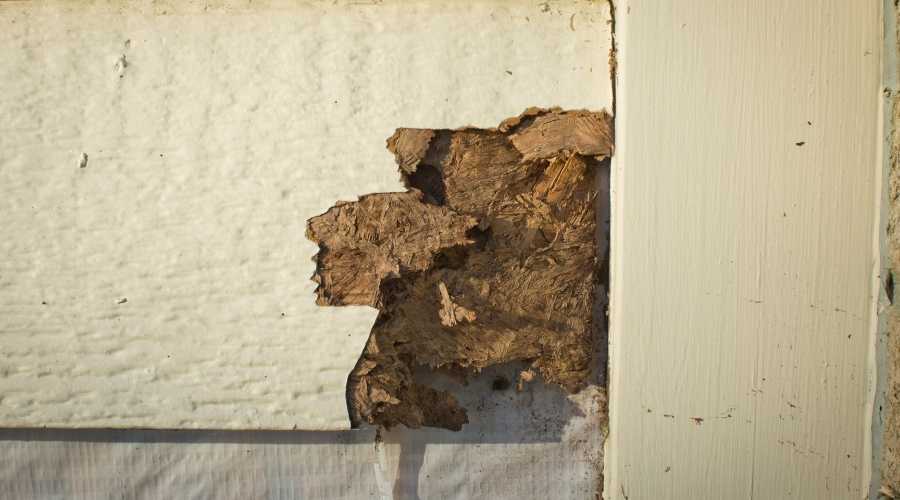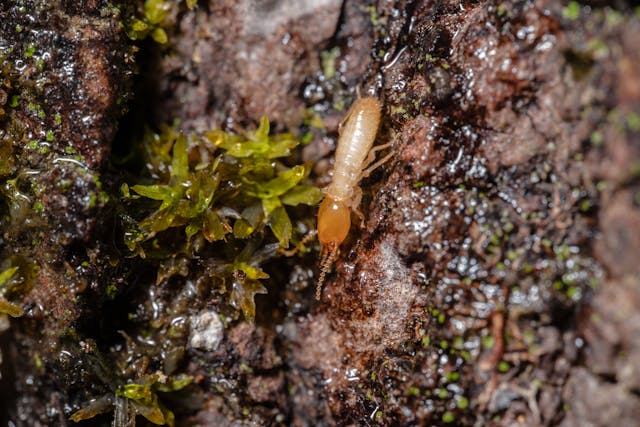Is Your Property Under Siege? Location-Specific Pest Control Solutions
Have you noticed unwelcome visitors making themselves at home in your property? Whether you’re dealing with ants marching through your restaurant kitchen, bed bugs settling into your hotel rooms, rodents scurrying through school hallways, or insects devastating your farm crops—location-specific pest control isn’t just a convenience, it’s an absolute necessity.
Pest infestations can quickly escalate from minor annoyances to major health hazards and financial burdens. The approach to pest control must be as unique as the environment you’re protecting. What works for a restaurant won’t necessarily work for a farm, and techniques effective in schools might be inappropriate for hotels.
Understanding the Pest Control Landscape
Pest control encompasses more than simply eliminating unwanted creatures. It’s a comprehensive industry dedicated to the management and elimination of various pests including:
- Insects (ants, cockroaches, termites)
- Rodents (mice, rats)
- Wildlife (raccoons, squirrels)
- Bed bugs and other parasitic pests
These unwelcome visitors threaten human health, cause structural damage, and harm local ecosystems. Professional pest management specialists deploy targeted techniques specifically designed for each situation, considering factors like:
- The specific pest species involved
- The unique environment of your property
- Seasonal influences on pest behavior
- Local regulations regarding treatment methods
Why Location-Specific Pest Control Matters
Restaurants: Protecting Your Reputation and Customers
For dining establishments, pest control isn’t optional—it’s essential for survival. A single pest sighting can:
✓ Trigger negative online reviews ✓ Result in health code violations and potential closures ✓ Damage your hard-earned reputation ✓ Lead to food contamination and customer illness
Restaurant-Specific Challenge: High volumes of food preparation create attractive environments for pests, while constant customer traffic provides numerous entry opportunities.
Hotels: Preserving Guest Experience and Brand Trust
In the hospitality industry, pests create catastrophic consequences:
✓ Bed bug infestations can shut down entire floors ✓ Reviews mentioning pests can devastate booking rates ✓ Repeat business becomes nearly impossible after a pest encounter ✓ Legal liability increases with each complaint
Hotel-Specific Challenge: High turnover of occupants brings constant new potential for pest introduction, while providing continuous access to food, water, and shelter ideal for pest populations.
Schools: Safeguarding Student Health and Learning Environments
Educational institutions face unique pest control challenges:
✓ Children are more vulnerable to health effects from both pests and treatments ✓ Pests can disrupt the learning environment ✓ School schedules limit treatment windows ✓ Large buildings with multiple entry points require comprehensive strategies
School-Specific Challenge: Cafeterias, frequent outdoor activities, and multiple buildings create complex pest management scenarios requiring specialized approaches.
Farms: Protecting Crops and Livestock
Agricultural operations battle pests that directly impact their livelihood:
✓ Crop yields can be devastated by unchecked pest populations ✓ Livestock health and production suffers from pest-related stress ✓ Storage facilities require specialized protection ✓ Organic operations need compatible control methods
Farm-Specific Challenge: Open environments make complete elimination impossible, requiring instead a strategic management approach that balances control with environmental impact.
Location-Specific Pest Control Best Practices
Restaurant Pest Management Strategies
- Implement rigorous cleaning protocols
- Clean behind and under equipment daily
- Sanitize drains regularly to prevent fruit fly breeding
- Maintain grease traps properly
- Upgrade food storage systems
- Use airtight containers for all dry goods
- Implement FIFO (First In, First Out) inventory rotation
- Keep all items at least 6 inches off the floor
- Schedule regular professional inspections
- Focus on delivery areas where pests can enter
- Install monitoring devices in critical areas
- Create staff reporting protocols for pest sightings
Hotel Pest Control Essentials
- Establish proactive bed bug prevention
- Train housekeeping staff on early detection signs
- Implement mattress encasements in all rooms
- Create quarantine protocols for potentially infested rooms
- Fortify exterior defense
- Seal cracks and gaps in building foundations
- Install door sweeps and weather stripping
- Use proper lighting that doesn’t attract flying insects
- Develop comprehensive staff training
- Educate all staff on pest identification
- Create clear reporting channels for pest sightings
- Include pest prevention in daily operations checklists
School Pest Management Protocols
- Time treatments strategically
- Schedule major treatments during breaks and vacations
- Use low-impact methods during occupied periods
- Create buffer zones between treated areas and student spaces
- Focus on sanitation education
- Implement classroom cleanliness protocols
- Teach proper cafeteria waste management
- Engage students in appropriate prevention activities
- Create an integrated pest management plan
- Identify pest-vulnerable areas and monitor regularly
- Use structural modifications as first-line defense
- Minimize chemical treatments in favor of physical barriers
Farm Pest Control Solutions
- Implement crop rotation and diversity
- Disrupt pest life cycles with changing environments
- Use companion planting to repel specific pests
- Create buffer zones between susceptible crops
- Utilize biological controls
- Introduce beneficial insects that prey on pest species
- Use microbial treatments that target specific pests
- Implement trap crops to draw pests away from valuable plantings
- Develop comprehensive monitoring systems
- Install pest traps and monitoring stations throughout property
- Set action thresholds to guide intervention decisions
- Track pest populations to identify patterns and anticipate problems
The Integrated Pest Management Advantage
Across all locations, Integrated Pest Management (IPM) provides the most effective long-term strategy. This approach includes:
- Prevention First: Modifying environments to make them less hospitable to pests
- Identification Second: Correctly identifying pests before taking action
- Intervention Third: Using the least toxic methods that will be effective
- Monitoring Always: Continuously assessing results and adjusting strategies
IPM provides sustainable pest control while minimizing environmental impact and reducing chemical exposure—a critical consideration for any location where people live, work, learn, or eat.
Common Mistakes in Location-Based Pest Control
DON’T Rely Solely on Chemical Treatments
Chemical pesticides should be your last resort, not your first response. Overreliance leads to:
- Pest resistance development
- Potential health hazards for occupants
- Environmental contamination
- Regulatory compliance issues
DON’T Ignore Early Warning Signs
Small problems quickly become large infestations. Watch for:
- Unusual noises in walls or ceilings
- Small droppings in corners or along walls
- Gnaw marks on packaging or structures
- Employee or customer reports of sightings
DON’T Apply One-Size-Fits-All Solutions
Each location type requires specific approaches tailored to:
- The building structure and materials
- The typical activities conducted on premises
- The sensitive populations that may be present
- The local pest species common to your area
The Professional Advantage in Location-Specific Pest Control
While DIY pest control might seem cost-effective initially, professional services provide superior results through:
- Specialized Equipment: Access to commercial-grade tools and products not available to consumers
- Trained Technicians: Experience in identifying and targeting specific pest species
- Customized Planning: Development of strategies tailored to your unique property
- Ongoing Monitoring: Regular inspections to catch new problems before they escalate
- Regulatory Compliance: Knowledge of local regulations regarding treatment methods
Take Action: Protect Your Property with Location-Specific Solutions
Don’t let pests overrun your property. Escondido Pest Control offers comprehensive treatment solutions specifically designed for your location’s unique challenges. Serving Escondido and surrounding areas, our experienced team provides professional pest control services that combine years of industry expertise with diligent research to deliver effective, long-lasting results.
Our location-specific approach ensures that restaurants, hotels, schools, farms, and other specialized properties receive precisely the protection they need. From initial inspection to ongoing maintenance, we create customized plans that address your specific pest challenges.
Contact Escondido Pest Control Today
Phone: (619) 900-6771
Don’t wait until a small problem becomes a major infestation. Call today for a comprehensive property assessment and discover how our location-specific pest control solutions can protect your property, reputation, and peace of mind.





